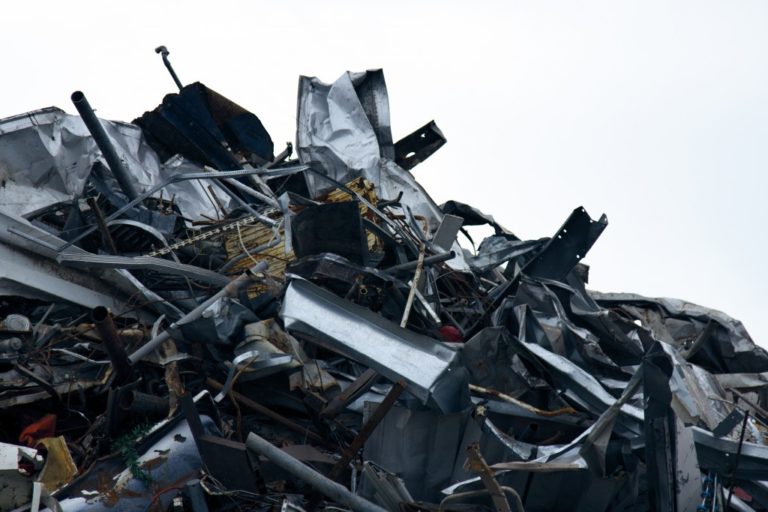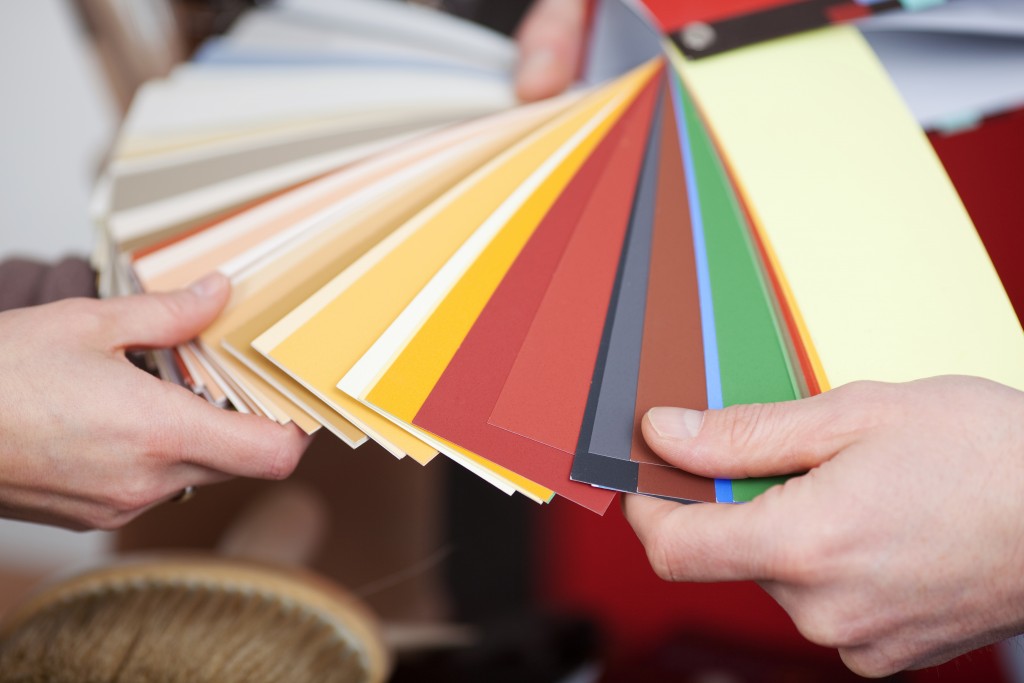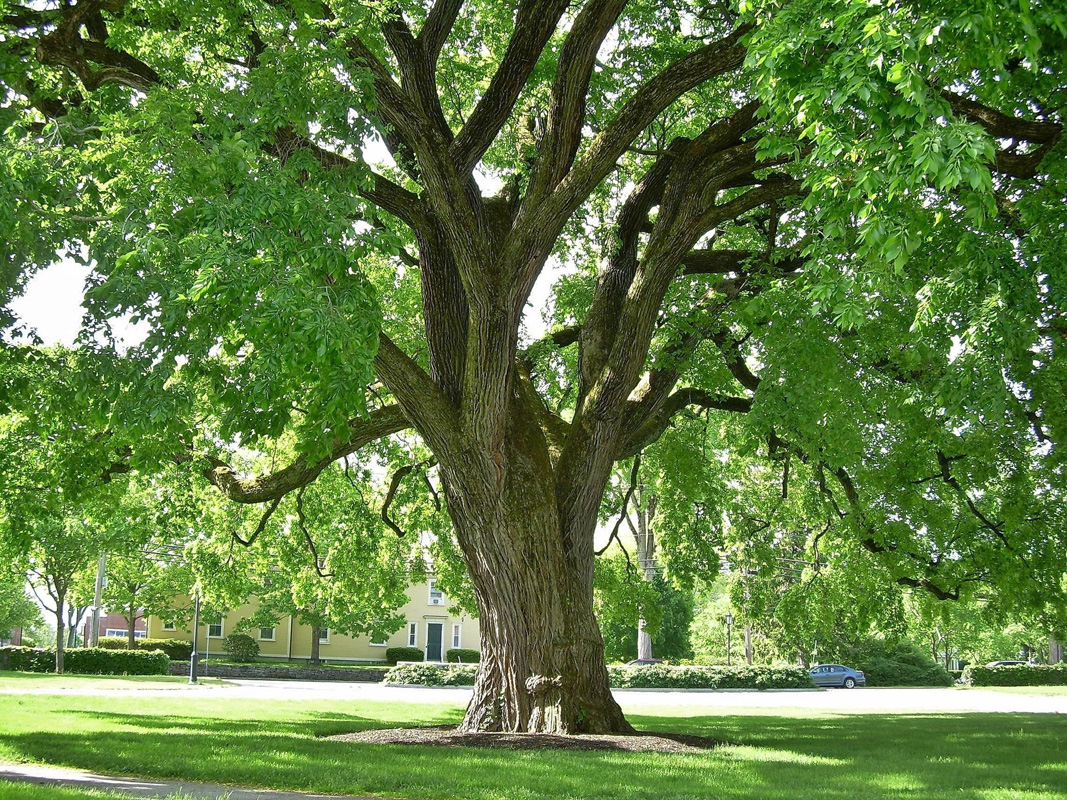Metal production is a global industry worth nearly $500 billion. It entails the invasive mining of large areas of earth, reducing soil quality and negatively impacting the environment with contaminants and byproducts that can persist for decades. Moreover, energy must be expended to refine pure metal from raw ores, contributing to global emissions. While there are many items we recycle, if you think about it, there may be quite several metal items you’ve overlooked.
The individual household can make a difference by reducing our collective need to mine new metals from the earth. Recycling metal utilises a fraction (as low as 5% for aluminium) of energy costs. Have a look around your house and keep in mind the following considerations for the next time you recycle.
Cans and containers
Beverage cans and food containers are probably the most commonly recycled metal item. In many places, such items are the only type of metal accepted by curbside pickup services; other types of metal you’ll have to take to a recycler or scrap yard yourself.
With cans, it’s essential to clean and remove labels as much as possible. As cans continue to be recycled, impurities can sneak into the process. A lower grade of aluminium purity might require the addition of pure aluminium before the material can be used to make new cans, thus defeating the purpose of recycling by creating more demand for mining.
Wiring
If you have done any kind of DIY project involving lighting or home repair, you’ll probably have a spare length of copper wire lying around. Copper ore is scarce and with the ever-growing demand for electricity, recycling any spare copper wire that’s no longer useful to you can make a difference. If you can, try to strip the insulation – some scrap yards will pay more for the metal that way.
Old appliances
If you’re buying a new appliance, most major retailers will offer a recycling pick up service. However, not every appliance gets replaced – sometimes, we just don’t need them anymore. Instead of tossing them out or holding a garage sale, check out local appliance repair stores. They often put spare parts to use and will take old appliances off your hands.
Old gadgets
Major electronics manufacturers now have programs that accept back their old devices. Check online or contact the respective company, to know more about their available recycling programs in your location. There are also third-party recycling programs that can provide assistance with these gadgets.
Old cars

While most people would rather sell old cars, if you have one sitting around that’s in really bad shape, it may not be feasible to find a buyer. An end of life vehicle should be brought to a scrap dealer who can properly handle the various metals within, and dispose of toxic wastes and fluids responsibly.
Miscellaneous items
From furniture to paper binders, various other items around the house contain metal. Make sure you disassemble them first, remove non-metal parts, and sort ferrous from non-ferrous metal with a magnet. This is both for convenience of transport, and to avoid rejection at the scrap yard – they won’t take in any non-metal items, and pay different rates for different types of metal.
With the uncertainty of environmental issues and climate change looming over the modern world, we can all make a difference by taking small steps to save the planet. Going a step beyond recycling cans, you can find a lot of metal to recycle around the house and help reduce the demand for mining.






